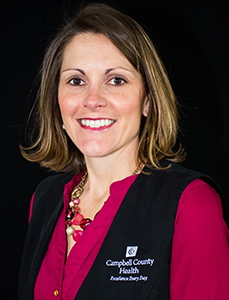Joint pain can become so debilitating that even the basics of everyday
life become painful. Whether you are suffering from joint pain because
of a recent injury or because of arthritis,
drinking more water is an essential component of joint pain relief.
Joints need water for cushion
Articular cartilage is found in joints and acts like a cushion to reduce
friction and wear of the joint in order to prevent the dreaded “bone
on bone” pain. Articular cartilage is made up of 60% water, which
means if you are dehydrated your joints are, too.
Staying hydrated has many benefits for your health
Staying hydrated is important for your joints and for your overall success.
Drinking water is important for flushing toxins out of the body, regulating
body temperature, supporting a regular heartbeat and blood pressure, supporting
the immune system, and delivering vitamins and minerals throughout the
body. Without proper hydration, the body will steal water from skin and
muscles for our organs. When this occurs, your muscles and joints do not
receive the proper nutrients needed for healing.
Dehydration can also delay healing—it can increase muscle soreness
and tension, which can also lead to muscle cramping. If you are experiencing
cramping during your physical therapy treatment sessions, you might not
be able to progress as quickly as anticipated leading to a longer recovery
time and delayed return to your prior level of function.
Not only does dehydration affect our muscles, but proper hydration is important
for brain health. Proper hydration can help to enhance mental alertness
leading to improved muscle coordination and athletic performance.
So how much water should you drink?
Recommendations vary from eight, eight ounce glasses of water per day,
to consuming water equal to one-half of one’s body weight in ounces
per day. Even though the recommendations vary, the results are the same—staying
hydrated will help to alleviate the symptoms of dehydration leading to
increased energy, improved alertness, and faster healing/recovery rates.
Speak to your
primary care provider for their recommendations on how much water you should drink.
Drinking more water is not a cure for joint pain, but it can help to promote
a better recovery.
 Physical therapy and joint pain
Physical therapy and joint pain
If you are struggling with joint pain, your doctor may first recommend
that you see a physical therapist for evaluation and treatment. If you
are interested in seeing how physical therapy can help with join pain, contact
CCH Rehabilitation Services. Our compassionate and experienced staff helps each patient, in a team-oriented
atmosphere, reach their goals. Call 307.688.8000 to make an appointment, or visit
www.cchwyo.org/rehab to learn more.
Shannon Sorensen, DPT, MHA, is the director of CCH Rehabilitation Services at 508 Stocktrail
Avenue in Gillette, Wyoming.